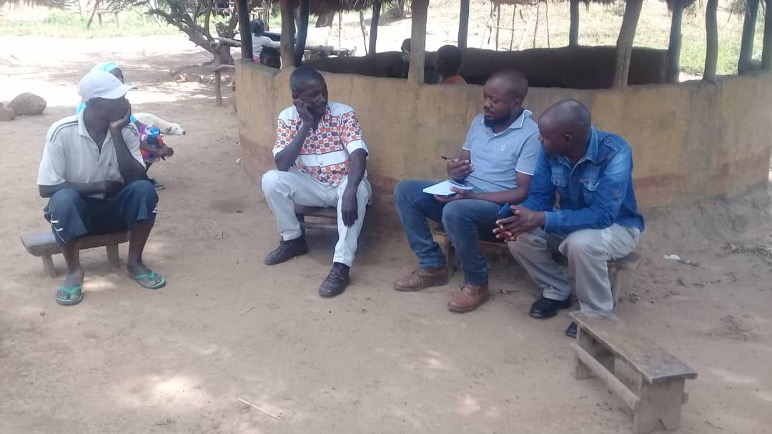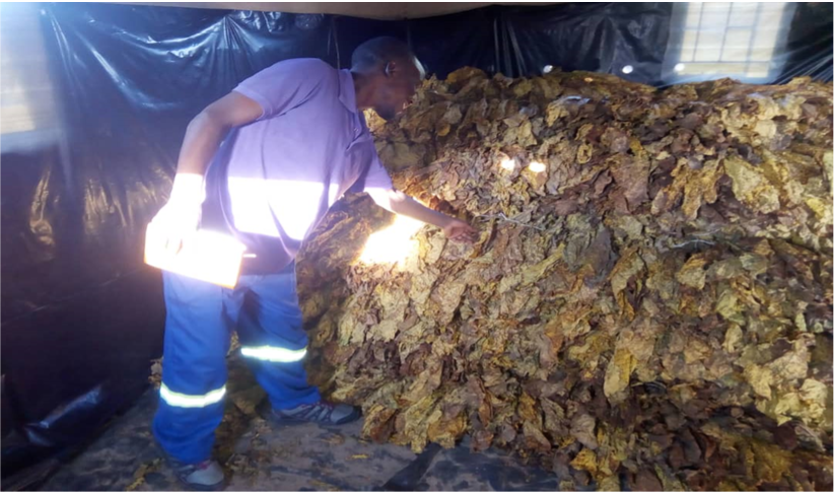The Zambian government is making great progress in convincing tobacco farmers to farm in alternative crops to tobacco.
Tobacco farming comes with a series of health risks. Tobacco cultivation also has serious negative effects on the environment and often, tobacco farming can lead to food insecurity for farmers.
Countries who are signatories to the WHO’s Framework Convention for Tobacco Control have an obnligation, according to article 17 of the framework to showcase the success of tobacco farmers who have managed to shift to an alternate livelihood.
And this is exactly what is taking place in Zambia through the support of the CTCA’s grant. The country has established an Alternative Livelihood Strategy to encourage the growing of alternative crops.
In the first phase of Alternative Livelihood strategy, the team from the Zambian Agriculture Research Institute, who is leading the project, were able to sign up 40 farmers to run alternative crops.

The team had conducted a field tour of the tobacco growing areas in the Eastern (Chipata), Western (Kaoma) and Central (Chisamba) provinces of Zambia. In these sessions communities were mobilized, sensitized on alternative livelihood crops.
Another 300 farmers are what is known as follower farmers, who will monitor the project and take away the lessons they can learn from these farmers.
The projects will take place in the Western Eastern and Southern parts of Zambia.
Each of the lead farmers have been given a portion of land and various crops which are known to thrive in those areas. The ZARI team has also analysed soil samples and the parameters for soils in all the target districts to ensure that the projects are run in viable areas.

